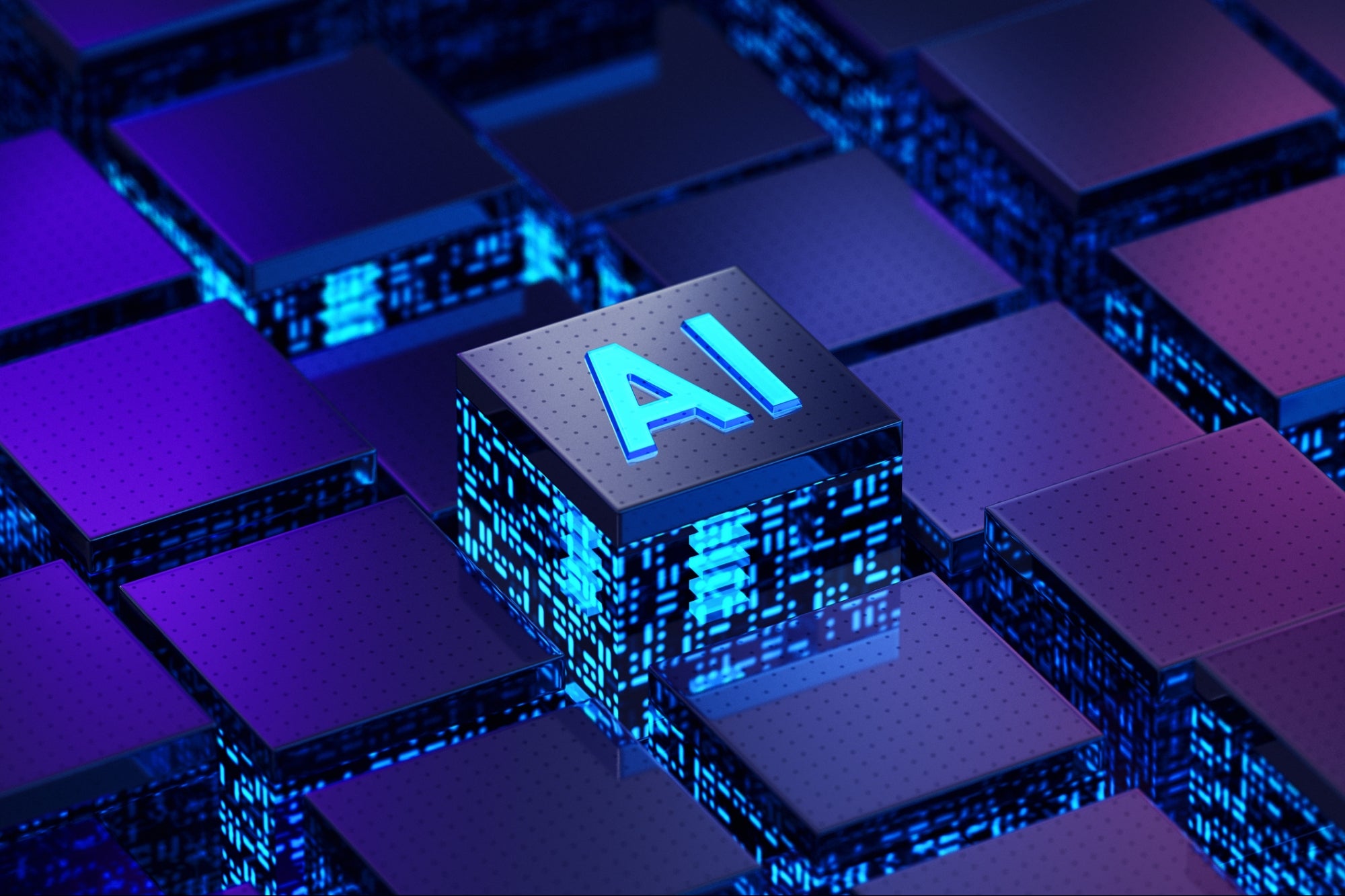Opinions expressed by Entrepreneur contributors are their own.
Artificial Intelligence, or AI, has become a buzzword in recent years, and for good reason. From self-driving cars to virtual assistants, AI is changing the way we live, work and interact with technology. However, despite its many applications and impressive feats, it is important to recognize that AI is not truly intelligent. Rather, it is well-trained to perform specific tasks within a predetermined set of parameters.
If you’ve ever wondered why the media portrays AI as some sort of thinking being, capable of making decisions and solving complex problems, you’re not alone. In this blog, we will explore three reasons why AI is not really intelligent but rather well-trained, and why it’s important to have a realistic understanding of its capabilities.
Related: What Is Artificial Intelligence (AI)? Here Are Its Benefits, Uses and More
AI is programmed by humans
At its core, AI is a set of algorithms and instructions that are designed to perform specific tasks. These algorithms and instructions are created by humans, who decide what inputs and outputs the AI system will have, how it will process data and what decisions it will make based on that data.
This means that AI is not capable of independent thought or reasoning. Rather, it is simply following the rules that have been programmed into it. For example, an AI system that is designed to identify objects in images might be able to accurately identify a cat in a picture, but it does not understand what a cat is or why it is significant. It is simply following the rules that have been programmed into it by its human creators.
Despite this, the media often portrays AI as something akin to human intelligence, capable of learning, adapting and making decisions on its own. This is not the case. AI is simply a tool that has been programmed by humans, and it cannot operate outside of the parameters that have been set for it.
AI lacks common sense
Another reason why AI is not truly intelligent is that it lacks common sense. Common sense is the ability to understand the nuances of human behavior, interpret social situations and make decisions based on that understanding. For example, if you see someone walking towards you on the street with their hand outstretched, you can infer that they want to shake your hand.
AI, on the other hand, is not capable of this type of inference. It can perform complex calculations and make predictions based on data, but it cannot understand the nuances of human behavior or interpret social situations. For example, an AI system that is designed to detect emotions in facial expressions might be able to correctly identify that someone is smiling, but it cannot understand why they are smiling or the context surrounding the situation.
If you think of AI as something that is capable of understanding human emotions and making decisions based on that understanding, this is simply not the case. AI lacks the ability to understand the complexities of human behavior and social situations, which means that it cannot operate on the same level as a human being.
Related: AI Wrote Half of This Article. Here’s Why Entrepreneurs Should Take Note
AI is limited by its training data
Finally, another reason why AI is not truly intelligent is that it is limited by the data that it has been trained on. AI systems rely on large amounts of data to learn how to perform specific tasks, and the quality of that data can greatly affect the system’s performance.
An AI system that has been trained on a dataset that only includes pictures of white cats might not be able to accurately identify a black cat. This is because the system has not been exposed to enough examples of black cats to learn how to identify them. Similarly, an AI system that has been trained on biased data might make biased decisions, perpetuating societal inequalities.
Because of how the media often portrays AI, we often think of it as something that is unbiased and objective. However, AI is only as unbiased as the data that it has been trained on, which means that it can actually perpetuate biases and inequalities more efficiently if those biases exist in the training data.
It is important to recognize that AI is not truly intelligent but rather well-trained to perform specific tasks within a predetermined set of parameters. AI lacks the ability to think independently, understand the nuances of human behavior and make decisions based on common sense. By having a realistic understanding of AI’s capabilities, we can better use it as a tool to improve our lives and society.
Related: These Entrepreneurs Are Taking on Bias in Artificial Intelligence


